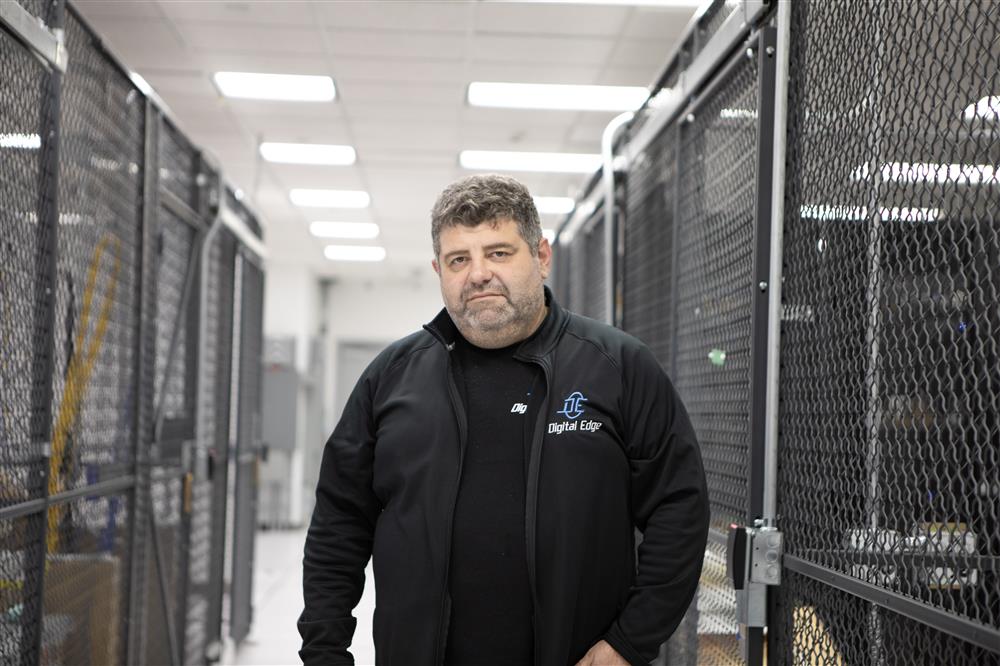Michael Petrov is presenting a three-day virtual seminar/workshop: “Cybersecurity Standards Versus Hackers and Government” through ISACA New York Metropolitan Chapter.
This three-day course covers the basics of cybersecurity standards and frameworks. Designed for IT and Cybersecurity Professionals, topics include: standards, methodology, review, and audit techniques, implementations, and operations of cybersecurity standards.
Learning objectives: Participants will gain a deep understanding of cybersecurity standards, their implementation and operation, implementing controls and KPIs in a day to day operations of IT organizations as well as self-auditing and measuring effectiveness of Risk Driven Information Security Management Systems:
- What’s cybersecurity frameworks and standards are
- Similarity and differences
- Selecting the right framework for you
- Risk assessment and management methodologies
- Benefits of implementation
- Implementation guidelines
- Creating an ISMS for a sample organization
- Establishing ISMS baselines
- Risk analysis
- Controls and implementation
- Maturity of the controls and implementations.
- Artifacts
- SecOps
- Incidents
- Self-audits

For more than 20 years, Michael operates a high-tech company that grew from 3 employees to an international organization with offices in the US, Latin America and Europe. Michael sees himself as a true leader of Information Technology Engineering, pushing the company and the team to stay on the bleeding edge of the digital revolution of this century. “Digital Edge was born with the DNA of a serious Information Technology engineer multiplied by the care for the future outcome. Yes, we care about client satisfaction, but our DNA requires us to satisfy the client through the delivery of outstanding technology solutions.”
With the rise of e-commerce, through virtualization, cloud technology and further Digital Transformation and information technology evolved, Digital Edge began to blossom, adding on more and better services for clients. These services currently include:
- Superior Compliance review, preparation and remediation services,
- Cybersecurity assessments, implementation, monitoring, support, SOC/rapid response services,
- Cloud Engineering services including secure design, implementation and support for…
- Dedicated Private and Hybrid Cloud environment,
- Public Cloud environment
- System Integration,
- Consolidation / Virtualization,
- Infrastructure as a Service,
- Colocation and Hosting,
- Full-spectrum IT Support and Outsourcing,
- 24/7 NOC and SOC Operation, Security Incident Response Team Operation,
- Production acceleration,
- Business Continuity and Disaster Recovery.
With a team of experts in many fields, Digital Edge aims to utilize developments in technology to provide critical support for the IT industry. That is why our motto is “Digital self-defense gives you the Edge”.
Michael believes that building defensive systems must be driven on risk assessments based on the understanding of the hacker’s mindset, goals and techniques to improve cybersecurity programs’ cost-effectiveness and reliability. Michael sees his role in Digital Edge today to mentor and train a new generation of engineering talents. One of the core principles that Digital Edge is projecting into its engineering, staying minimum three steps ahead in the planning and execution process. Even simple solutions must consider future reliability, cybersecurity and scalability.
Michael works with multiple industry recognized cybersecurity specialists and researchers to ensure Digital Edge always stays on the leading edge of current technologies and tactics to support Enterprise Class IT organizations with complex needs and large processing demands, while staying quick and flexible. He is a founding member of the AICPA-CICA joint Canada - United States Enterprise-Wide Privacy Task Force, which has developed principles and guidelines to provide a framework for assessing compliance with privacy legislation. In that group he had responsibility for developing their Privacy Maturity Model. He is a past chair of the CICA’s Privacy Advisory Group, which promotes privacy amongst businesses and professionals in Canada. He has authored a number of articles and books, including three books on microcomputers published by Prentice-Hall, Inc., four books on the Year 2000, and he was the Project Director on the CICA publication Information Technology Control Guidelines.
